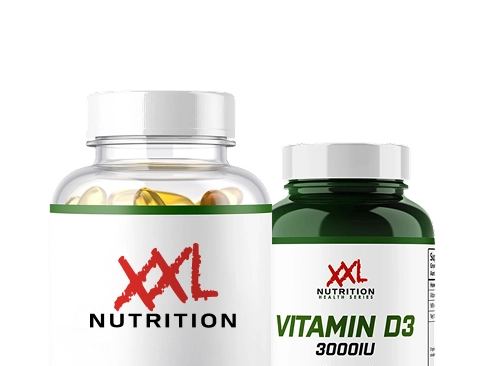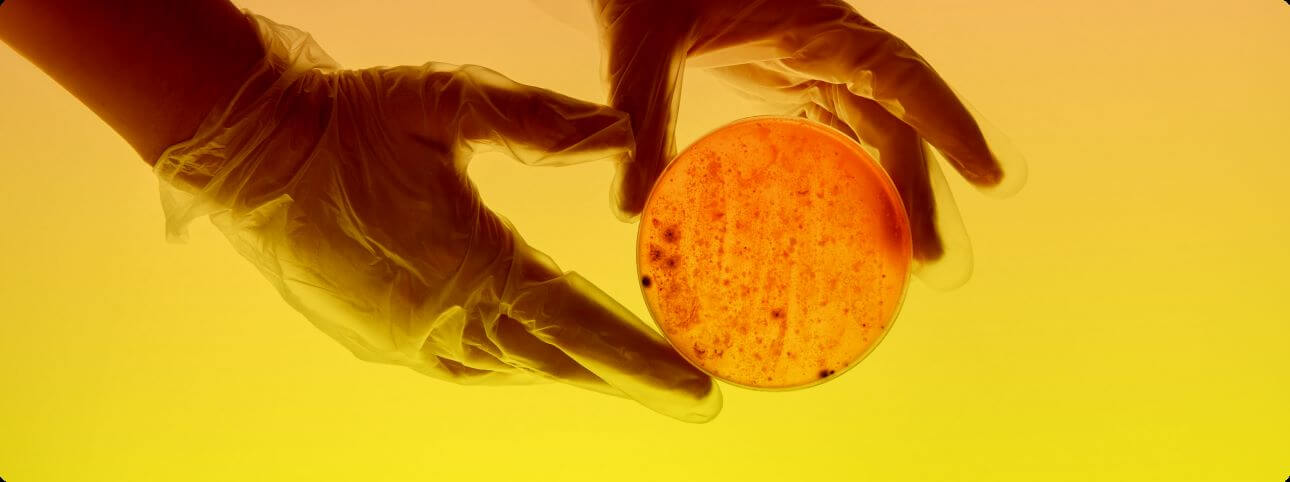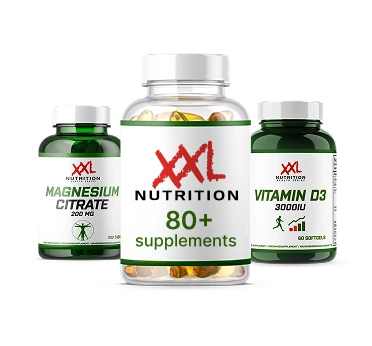The idea of a “gut detox” is gaining popularity with bold promises to alleviate bloating, boost energy, and fix your digestion overnight. These methods — detox teas, juice cleanses, and trendy diets, are marketed as ways to reset your system. They’re claimed to restore balance, especially after periods of indulgence—like holiday feasts or too much comfort food. But do these methods truly work, or are they just clever marketing?

This guide will dispel the myths, explain the risks, and share practical, science-backed ways to detox the intestines. Read on!
What is gut detox?
Gut detox, also known as “ontslakken darmen,” is often promoted as a way to remove toxins in your digestive system. The idea is to improve digestion, increase energy, and enhance overall health. However, the concept is frequently misunderstood and not always backed by science.
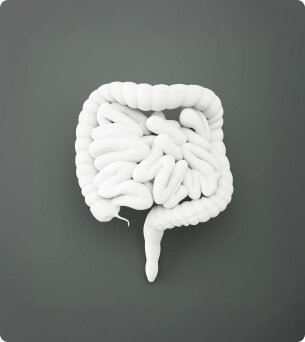

Popular methods to detox the intestines include:
- Fasting or taking a juice gut cleanse
- Colon cleansing treatments
- Detox teas and supplements
- Laxative-based detox products
Gut detox benefits claimed by media
- Better Digestion and Bloating Relief: Eating more fiber, staying hydrated, and reducing highly processed foods can improve digestion and relieve bloating. However, you don’t need an expensive detox kit for these benefits—basic dietary adjustments often achieve the same results.
- Improved Energy Levels: Eliminating junk food can boost energy, but this typically comes from switching to more balanced meals, not “flushing toxins.” Reliance on juice cleansers may lead to blood sugar spikes or crashes, leaving you more tired in the long run.
- Enhanced Immune Function: The gut microbiome is vital for immunity, but consistent healthy habits like eating fruits, vegetables, probiotics, and stress management are more effective than short-term detoxes in supporting immune health.
- Weight Loss: Rapid weight loss during detoxes often results from water loss or calorie restriction, not lasting fat loss. Once regular eating resumes, the weight typically returns. Sustainable weight management relies on balanced meals, regular exercise, and gradual lifestyle changes.
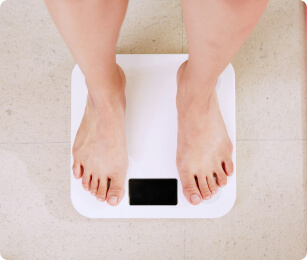



- Clearer Skin: A stable gut microbiome and specific nutrients can improve skin health, but severe skin issues often require medical advice. While a short cleanse might help temporarily by reducing sugar or increasing hydration, it is far from a reliable or long-term solution.
Is colon cleansing really helpful? A medical perspective.
Colon cleansing is often pitched as the ultimate solution for all things gut-related, but let’s be clear: your body’s detox system—mainly the liver, kidneys, and intestines—already works around the clock. There’s no need for an extra “cleanup crew” unless you’re really into spending money on marketing slogans.
Some people claim they feel lighter or more energized post-cleanse—but any short-term “boost” often comes from switching out junk food for better choices, not from the cleanse itself. If that motivates healthier eating, that’s fine, but calling colon cleansing essential for well-being is a stretch at best.

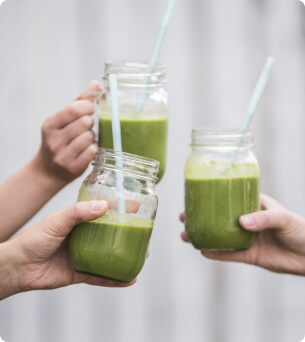
What the experts say
Colon cleansing is unnecessary for most people and can pose health risks. Your colon is naturally equipped to expel waste and toxins while maintaining a balanced microbiome that supports immunity and overall gut health. Dr. John R. Stroehlein and Dr. Robert Bresalier of MD Anderson Cancer Center highlight that no scientific evidence supports claims that colon cleansing prevents disease or improves health. Instead, it can disrupt the microbiome, strip the colon’s protective lining, and lead to side effects like dehydration, nutrient deficiencies, and infections.
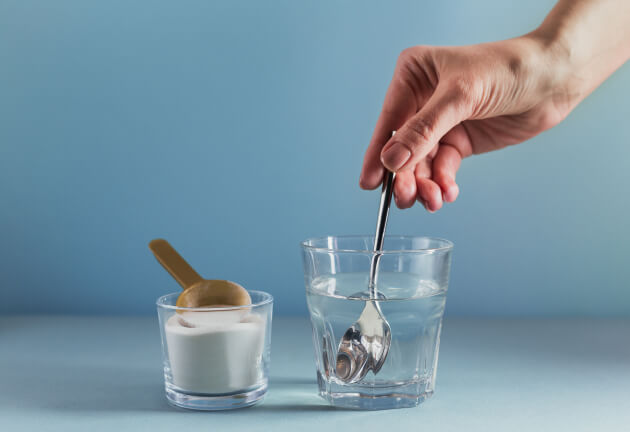
More health organizations weigh in:
- The British Dietetic Association (BDA): The BDA categorizes detox diets as “marketing myths” and explicitly states that these products offer no proven health benefits. They also highlight that the human body, particularly the liver and kidneys, can detoxify itself without the need for restrictive diets or expensive kits.
- The National Institutes of Health (NIH): According to the NIH, many detox products are not FDA-approved, meaning they are not required to prove their safety or effectiveness before hitting the market. The NIH also warns that such products often lack credible scientific studies to support their claims, increasing the risk of misuse and side effects.
Risks of detox
Here are some of the common risks associated with detox plans:
Microbiome disruption
Many extreme cleansers rely on harsh laxatives or very limited diets. While they may temporarily reduce bloating, they can also wipe out the healthy gut bacteria you need for digestion and immune support. According to the NCCIH, a healthy microbiome should be maintained as it helps protect against infections. Gut-disrupting cleanses can do the opposite.
Nutritional deficiencies
Restrictive “detox” routines can deprive your body of crucial vitamins, minerals, and protein. The 2023 Food & Health Survey by IFIC notes that people who follow highly restrictive or “specialty” diets (a category that may include detox diets) often report fatigue or low energy—common signs of inadequate nutrition.

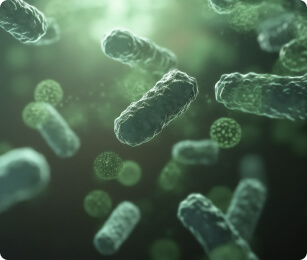


Dehydration
Cleansing teas and laxative-based products often cause frequent bowel movements or increased urination, leading to rapid fluid loss. This dehydration can result in fatigue and headaches and, if prolonged, may put extra strain on the kidneys, potentially compromising their function.
Gastrointestinal strain
Irritating the gut lining with repeated flushes or poorly regulated supplements can leave you dealing with lingering cramps, irregular bowel movements, and overall discomfort. Again, the NCCIH cautions that harsh cleansing methods may do more harm than good as they interfere with your body’s normal digestive processes.


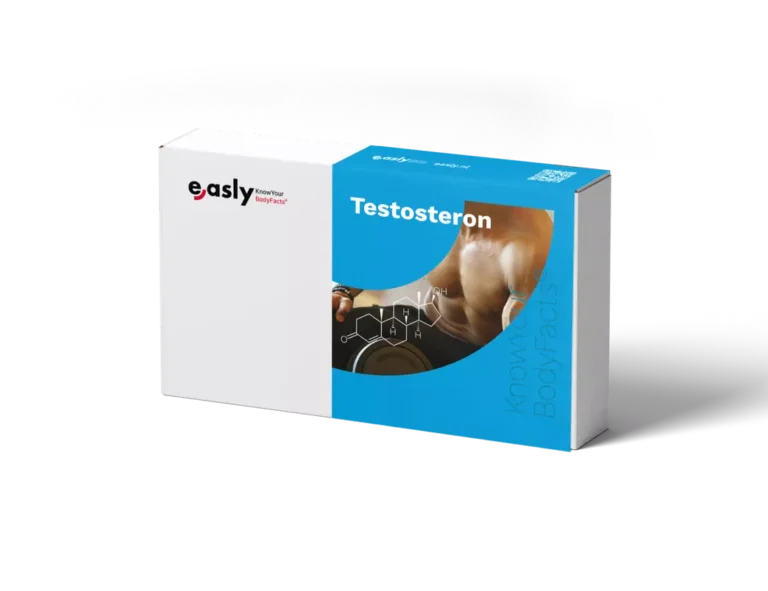
The role of the microbiome in gut health
Instead of focusing on “cleansing the intestines” or quickly cleansing the intestines, modern science emphasizes the importance of a balanced microbiome. The microbiome in your intestines consists of trillions of bacteria that regulate your digestion, immune system, and even your mood. Microbiome testing offers a more effective and personalized approach to gut health by identifying specific imbalances, such as an overgrowth of harmful bacteria or a lack of diversity in beneficial species. With these insights, you can take targeted action to address the root causes of problems, such as bloating and irregular digestion, rather than just treating the symptoms.
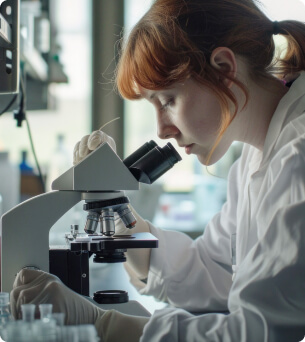
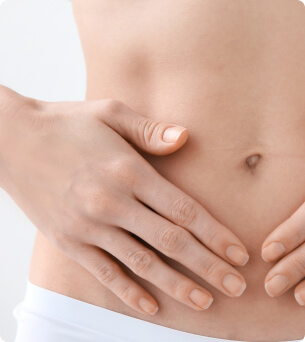
Research highlights the crucial role of the microbiome in your overall health. A 2020 study in Nature Reviews Gastroenterology & Hepatology linked a disrupted microbiome to inflammation, obesity, and poor digestion, and showed how addressing bacterial imbalances can be beneficial. Similarly, a 2021 study in Gut Microbes concluded that personalized approaches to gut health are more effective than general gut detox methods, emphasizing strategies that align with individual microbiome variations.
By focusing on the microbiome, sustainable improvements are achievable. Test results can help with practical dietary changes, such as increasing prebiotic foods (think garlic, oatmeal, or bananas) and adding probiotics that specifically address your unique gut needs. Unlike detox plans, which only offer temporary relief, strengthening your microbiome supports the resilience of your gut bacteria. This ensures lasting health and reduces recurring problems such as bloating or inflammation.
The role of a gut reset in gut health
Another concept is gut reset, a short-term diet plan designed to improve digestion by promoting the growth of beneficial bacteria in the gut. It involves eliminating foods that can be harmful to the microbiome, such as processed foods, and adding more prebiotic foods, such as garlic and bananas, which feed good bacteria. In addition, the reset encourages healthy habits such as adequate hydration, exercise, and stress management. While it may offer temporary benefits such as feeling lighter or less bloated, research shows that lasting results depend on long-term changes in diet and lifestyle.
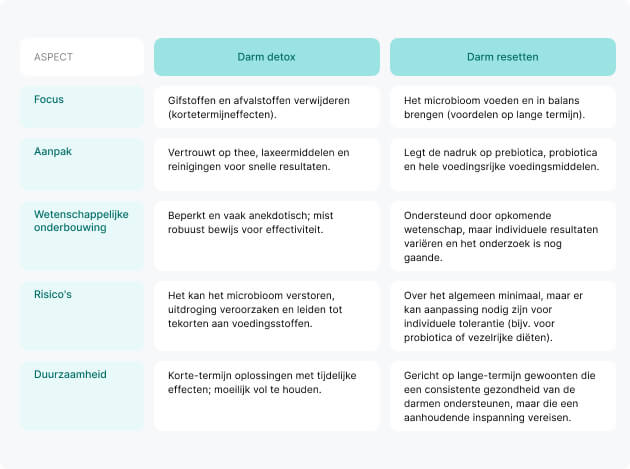
Als je op zoek bent naar snelle resultaten, kan een darm detox aantrekkelijk lijken, maar de kortetermijn effecten en mogelijke risico’s kunnen je slechter af laten zijn. Een darmreset daarentegen biedt een gezondere, duurzame aanpak door je microbioom te voeden met prebiotica, probiotica en volwaardige voedingsmiddelen, en helpt je om een blijvende darmgezondheid op te bouwen die wordt ondersteund door nieuwe wetenschappelijke inzichten.

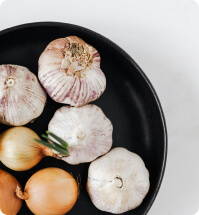

Conclusion
Detox methods remain popular due to their marketing appeal and promises of quick fixes, but they often lack scientific backing and carry risks such as disruption of the microbiome and nutrient deficiencies. Although gut reset plans offer a more balanced alternative by promoting healthy habits and supporting beneficial bacteria, their benefits are usually short-lived without long-term changes in diet and lifestyle. For truly sustainable gut health, microbiome research and testing are superior approaches, offering evidence-based, personalized strategies that address the root causes of digestive issues while promoting overall well-being.





